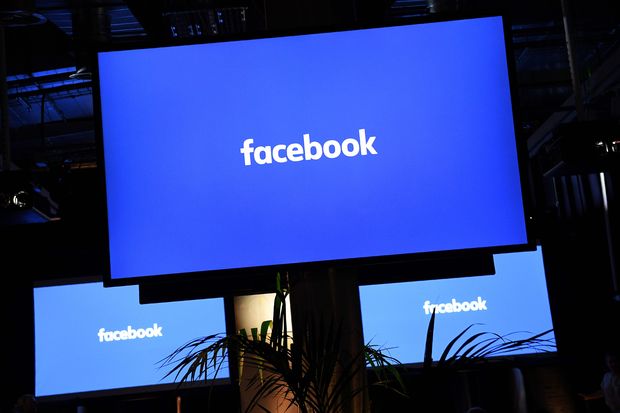Latest Photo Galleries
Brazilian Markets
17h38 Bovespa |
+1,50% | 126.526 |
16h43 Gold |
0,00% | 117 |
17h00 Dollar |
-0,93% | 5,1156 |
16h30 Euro |
+0,49% | 2,65250 |
ADVERTISING
Fake News Gains Momentum on Facebook As Professional Journalism Falls Behind
02/08/2018 - 12h02
Advertising
FROM SÃO PAULO
In the month of January, fake news pages received five times the number of engagements that professional journalism received.
Ever since the last quarter of 2017, Brazilian fake news and sensationalist pages gained momentum on Facebook, while professional journalism fell behind.
That is the conclusion that a survey conducted by Folha - which took into account 21 fake news pages and 51 professional journalism pages - led to. The average rate of interactions among the first group increased by 61.6% between October of last year and January of this year, while interactions among the second group dropped by 17%.
User interactions with pages - such as likes, reactions, comments and shares - were analysed between October 2017 and February 3rd.
Research on the social media platform was conducted in order to classify pages as propagators of fake news. They vary from small pages, which have up to 14,000 followers, to big, which have over 2 million followers. They also post truthful articles, which they either produce themselves or replicate from other outlets.
As for the news pages, they are based in different parts of Brazil and have somewhere between 150,000 to 10 million followers.
Back in October, sensationalist pages engaged, on average, 2.5 times the number of users that Folha engaged. The rate had doubled by January.
NEW ALGORITHM
In January, following Facebook's announcement that it would be introducing a new algorithm, fake news pages experienced a slight drop in terms of interactions, a pattern that was identified throughout the social media network as a whole.
Pages that aren't linked to journalism that were also analysed, such as those of professional soccer athletes, state agencies and companies took a 30% hit in terms of user interactions.
"It's too short a period of time to measure the change. Engagement varies in accordance with the political climate, whether [former president] Lula is facing trial or if it's a newsless holiday", said Pablo Ortellado, a media and politics researcher at USP (University of São Paulo), as well as a Folha columnist.
When asked to comment on the increasing interactions that fake news posts have had, Facebook claimed that "page engagement does not provide a correct reading of the scope that the news feed has, given that we use a wide range of indicators to measure meaningful interactions".
By "meaningful interactions" the platform means those that will prevail after the algorithm change has been fully implemented. The platform also stated that the announcement that was made in January will benefit "quality news" around the world.
The analysis was conducted using data from CrowdTangle, one of Facebook's own tools that maps out the posts that pages have published. In other words, it does not take into account links to either fake news sites or online papers that may have directly been posted by users onto their personal pages.
Translated by THOMAS MATHEWSON
Read the article in the original language
| Justin TALLIS/AFP PHOTO | ||
 |
||
| A Facebook logo is pictured on a screen, in central London |



